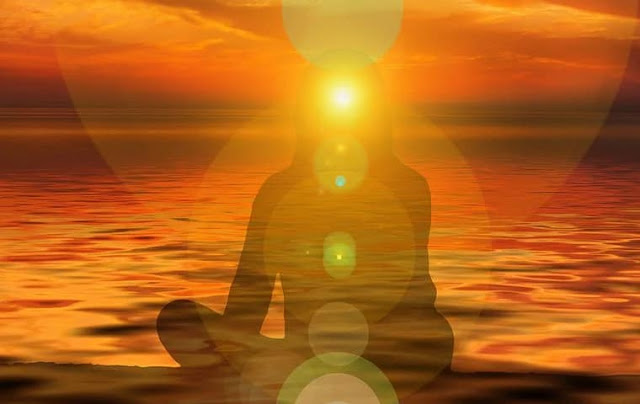Frequently Asked Questions About Reiki
Frequently Asked Questions About Reiki
1. **What is Reiki?**
Reiki is a Japanese healing technique that involves the transfer of universal energy through the practitioner's palms to the patient. It is believed to promote relaxation, reduce stress, and facilitate healing on physical, emotional, mental, and spiritual levels.
2. **How does Reiki work?**
Reiki is based on the idea that there is a universal life force energy that flows through all living beings. Practitioners believe that by channeling this energy through their hands and into the recipient, they can help balance the energy centers (chakras) and promote healing.
3. **What can Reiki treat?**
Reiki is not a substitute for medical treatment, but it is often used to complement conventional medicine. It can help alleviate stress, anxiety, pain, and promote overall well-being. Some people also use Reiki to help with chronic conditions and to support recovery from illnesses or surgeries.
4. **Is Reiki safe?**
Reiki is generally considered safe when practiced by a trained and experienced practitioner. It is non-invasive and gentle, making it suitable for people of all ages and health conditions. However, it's essential to consult with a healthcare professional for any serious medical concerns.
5. **What happens during a Reiki session?**
During a Reiki session, the recipient typically lies down fully clothed on a treatment table. The practitioner places their hands lightly on or just above the recipient's body, following a series of hand positions. The recipient may experience sensations such as warmth, tingling, or deep relaxation during the session.
6. **How long does a Reiki session last?**
Reiki sessions can vary in length, but they typically last anywhere from 30 to 90 minutes, depending on the practitioner and the needs of the recipient.
7. **How many Reiki sessions are needed?**
The number of Reiki sessions needed varies from person to person and depends on the individual's goals and wellbeing. Some people may benefit from just one session, while others may choose to have regular sessions for ongoing support and maintenance.
8. **Can anyone learn Reiki?**
Yes, Reiki can be learned by anyone through a process called attunement, which is typically facilitated by a Reiki master teacher. There are different levels of Reiki training, starting with Level 1, where students learn the basic principles and hand positions, and progress to higher levels for deeper understanding and practice.
9. **Is Reiki a religion?**
Reiki is not a religion; it is a spiritual practice that is compatible with all religious beliefs (and none). It does not require adherence to any specific faith or doctrine.
10. **What are the benefits of learning Reiki?**
Learning Reiki can provide numerous benefits, including stress reduction, increased relaxation, improved self-awareness, enhanced intuition, and the ability to help oneself and others with healing energy.
These are just a few common questions about Reiki. If you have more specific questions please feel free to ask and get in touch with me at HeartSong Normandie.
I look forward to sharing reiki with you.
Ema
Usui Reiki Master Teacher
HeartSong Normandie




Comments
Post a Comment